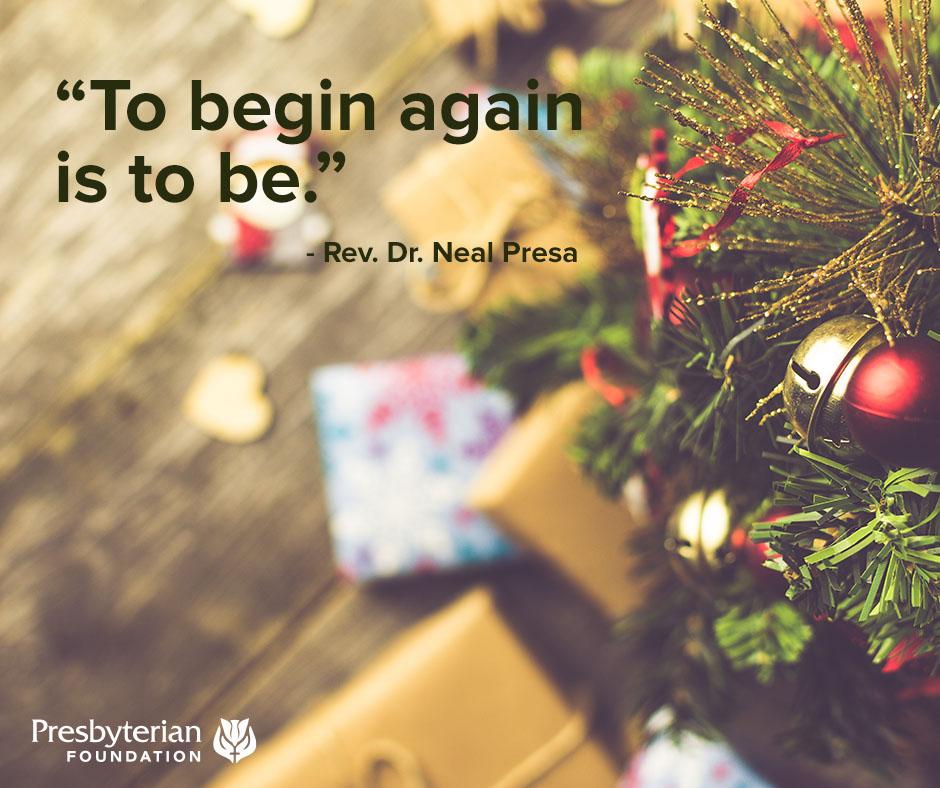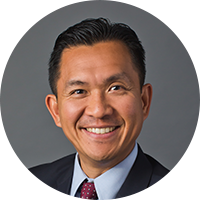11/27/2023
First Sunday After Christmas Day: December 31, 2023
닐 프레사 목사

Have you ever been so overcome by love that you couldn’t help but sing, shout, jump, run, cry, laugh? Perhaps it was your first love, or your second, or gazing into the eyes of a newborn for the first time, or the second time.
Our texts today speak to us in this Christmas season. After all, Christmas is not a day, but a whole season until Epiphany at the beginning of January. Our text in Luke presents the formal description of the legal requirements of Moses and of what was involved in the temple sacrifice. That sets the stage for six characters: the Spirit, Simeon, Mary, Joseph, Jesus, and Anna. What we see happening at the temple were Simeon and Anna rejoicing, two people who had waited a very long time for this one day to behold the Savior. We join them in their praises, in their utter delight and satisfaction at holding the Savior in his (Simeon) arms, in his song to the Lord, in Anna’s utter joy that she can’t and shouldn’t contain it but she proceeds “to speak about the child to all who were looking for the redemption of Jerusalem.” (2:38b)
To begin again is to be drawn in praising God for God’s very presence, and to praise God for God’s very presence is to begin again. It’s not a matter of what baby Jesus is doing or has done. Simeon’s and Anna’s praises are not dependent on that – Jesus hasn’t been crucified yet, Jesus hasn’t resurrected yet. Simeon’s and Anna’s praises are simply and radically about the Lord – not what he does, not what goods or services he delivers. They delight and are satisfied in the Lord. Period. For who he is. Period.
To begin again is to be.

Like a child and a mother cradling the child – a mutual love of just being, in the tender moment after birth of delighting in one another’s presence for the sheer joy of just being. Period.
Our psalm text, Psalm 148, is part of the crescendo of final praises of Psalm 145 through Psalm 150. It is a repetitious “Praise the Lord!” in all of these psalms. We know that psalms in and of themselves are songs of praise. So what Psalm 148, as with the other final five psalms, underline and underscore that what we are created to be about, and, indeed, what all creation is about is to praise the Lord. The Westminster Shorter and Larger Catechisms remind us what the chief end of humanity is in Q/A 1: to glorify God and to enjoy God forever.
When all is said and done, with our last breath, we go back to the beginning – we are created to praise God with every breath, with every walk, with every talk, with every part of who we are and what we have, we are to praise God and to delight in God for simply who God is. Period.
So, the Spirit of God is re-starting us every single day, enabling us to begin again, every single day and every single season. Whether in 2020 as we close out this year and look to 2021 and in future years. Let’s approach today and every season with what we were created to be:
Praise the Lord
Let everything that breathes praise the Lord!
주님을 찬양합니다!
(Psalm 150:6)

